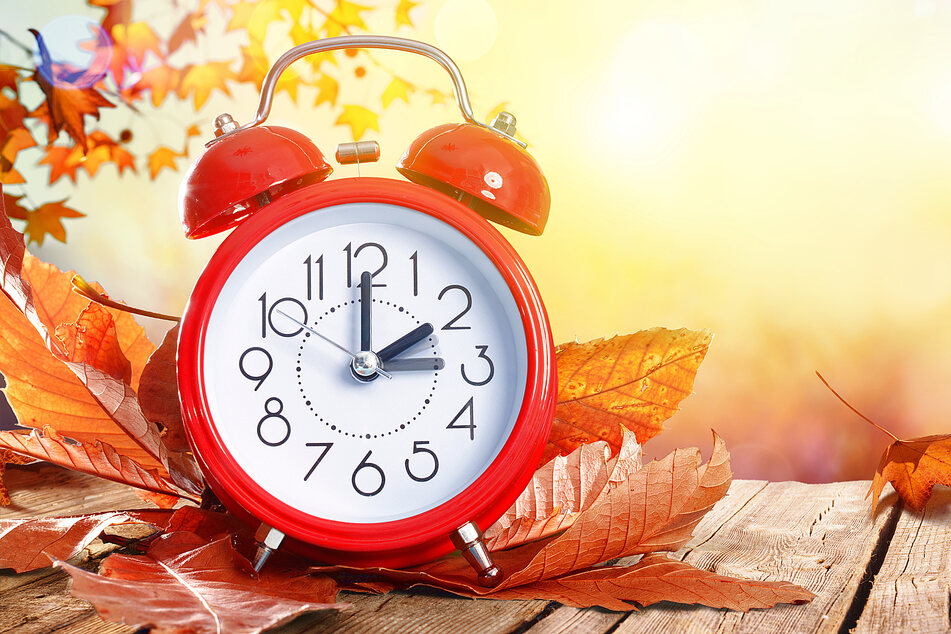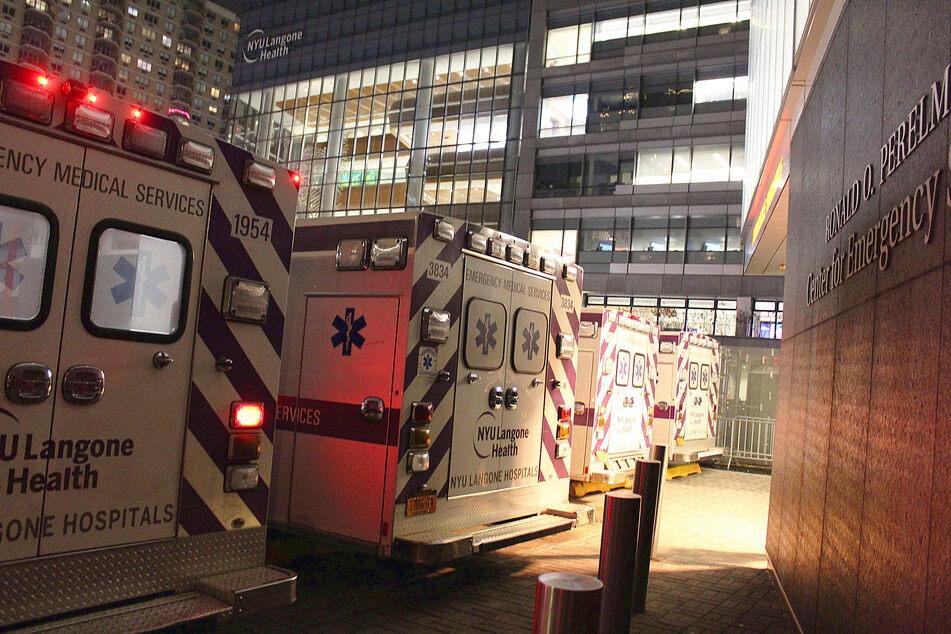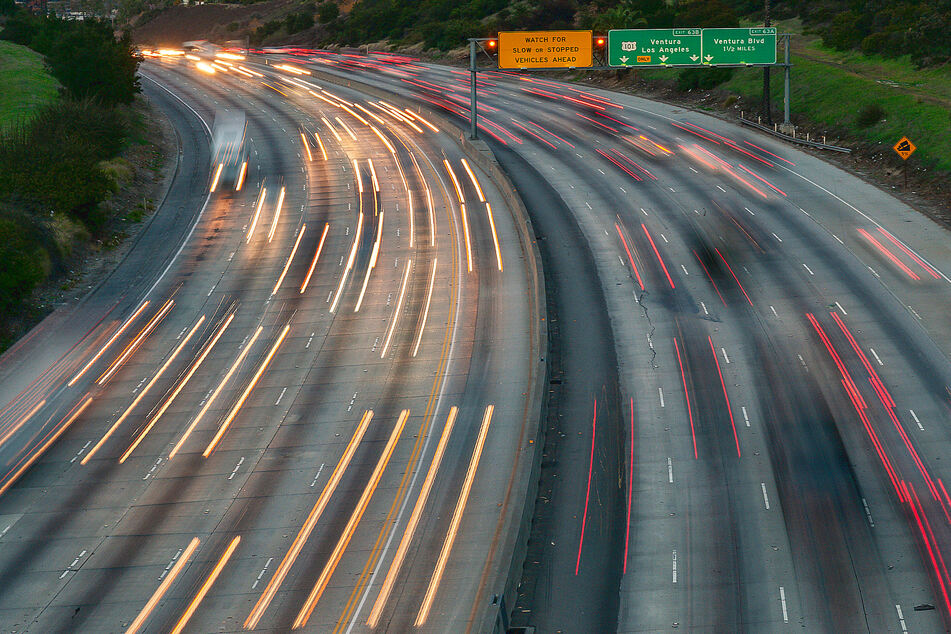Daylight saving time: Why that extra hour isn't good news for your health
Washington DC - How much of a difference can one little hour really make? Quite a lot, it turns out.

Governments around the world have been mulling over getting rid of daylight saving time, but apart from Hawaii, Arizona, and US territories, every US state is doing it again on November 7.
Gaining an hour might sound like good news – except that it often isn't.
Even if you might not consciously notice the change, there are numerous ways it can impact your life, from minor nuisances to major health issues.
Scientists have long warned about the health risks attached to daylight saving time, and no matter if you change the clocks forward or back, the disruption in the circadian rhythm – basically your internal clock – and resulting sleep disturbance puts the body under stress.
Daylight saving time sets the clocks back by one hour as each US time zone hits 2 AM, adding an extra hour to November 7.
After this 25-hour day, it gets bright earlier in the morning, but darker earlier in the evening.
Health concerns

The mental effects caused by time changes in spring and autumn are comparable to a mini jet lag for most people.
Your 24-hour circadian rhythm gets confused, which not only affects sleep-wake behavior, but also mood, concentration, attention, and vegetative functions.
That last part means your sleep, menstruation, bowel function, bladder activity, and even sexual performance can be impacted.
A 2015 study from Sleep Medicine found that people are more likely to have a stroke right after the changes to and from daylight saving time.
In 2019, the Journal of Clinical Medicine found that the chance of having a heart attack also increases for the weeks right after the time changes in Spring and Fall.
So the transition to and from daylight saving time makes you feel funky, messes with your circadian rhythm, and can actually make people more likely to suffer medical emergencies. Why is it still a thing?
Traffic trouble

The Department of Transportation claims that changing the clocks forward and back is to make traffic safer.
However, Current Biology published a study in 2020 connecting changing the clocks to DST with a 6% spike in accidents, with the most dangerous conditions during the morning in cities on the West coast.
The study explains that the increased risk of traffic accidents is because changing the clocks can mean driving to work with less morning light. Less light leads to more melatonin, which is a hormone that makes you sleepy, so the shift to Daylight Saving Time puts sleepier drivers on the roads together.
When daylight savings ends, the opposite problem rears its head: dusk in many places suddenly lines up with rush hour, meaning more people are suddenly on the roads with poorer visibility and the burning desire to get home as fast as possible after a long work day.
And it doesn't stop with accidents with other drivers.
Given that many wild animals are particularly active at that time of day, the potential for wildlife collisions increases.
All in all, this convention seems to do more harm than good, from health hazards on the streets to problems in the sheets, so maybe it's time to stop that clock from changing.
Cover photo: 123RF/solerf

